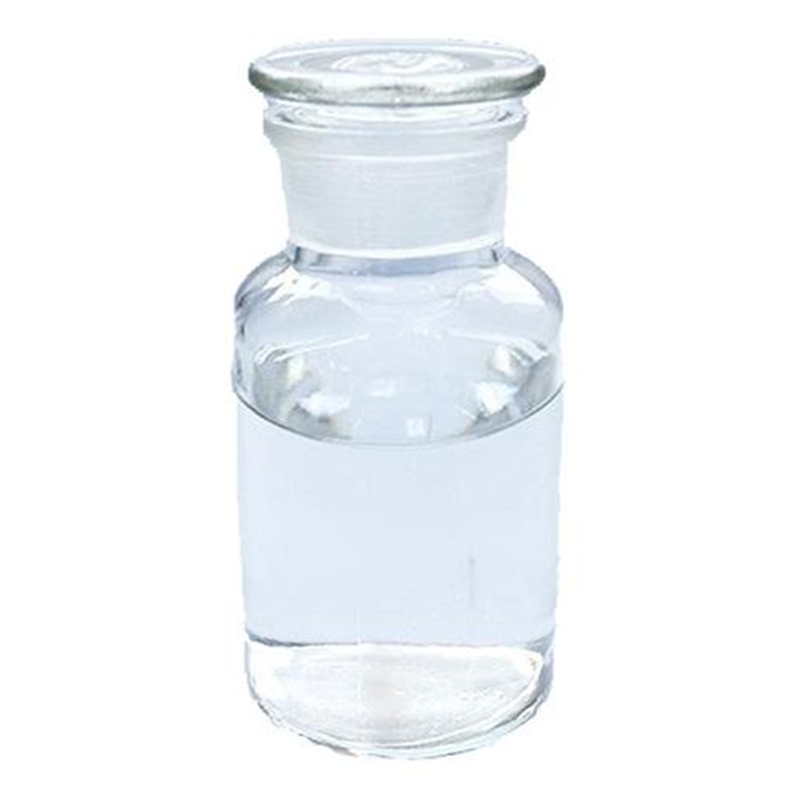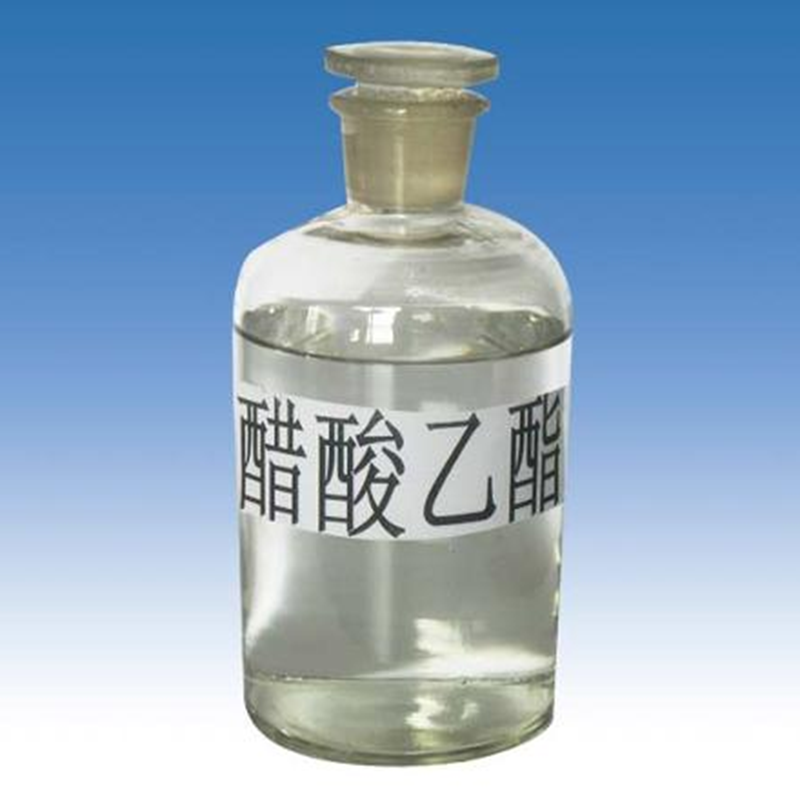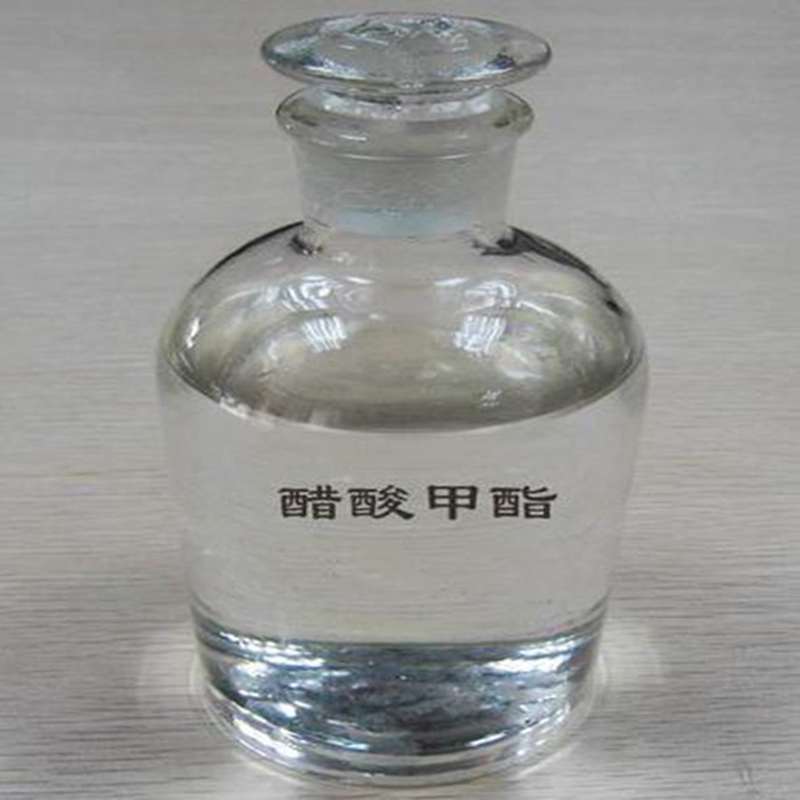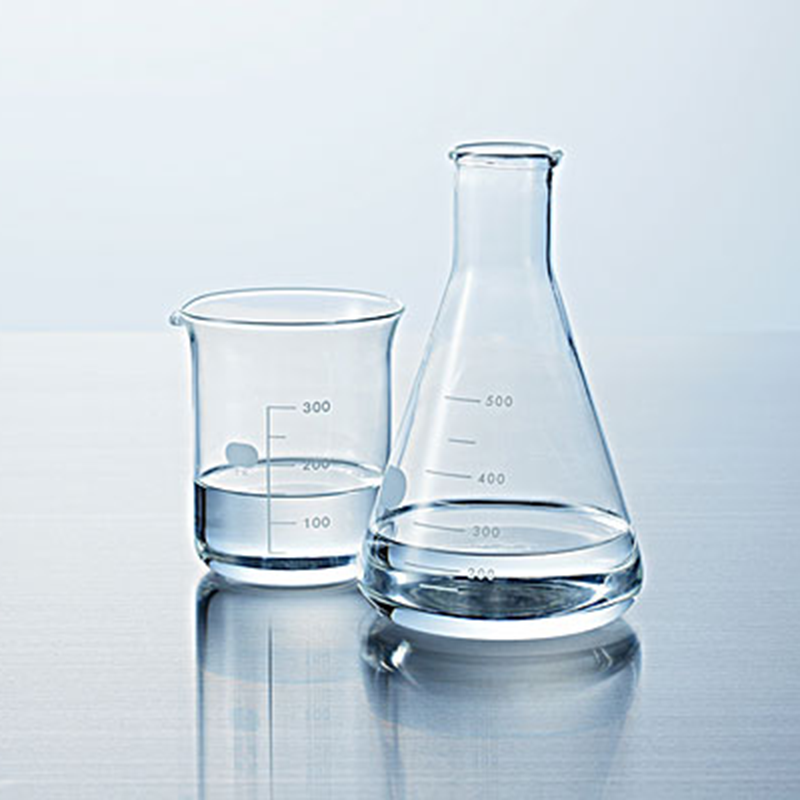
Propylene oxide
Key words:
Propylene oxide
Classification:
- Details
-
Propylene oxide, also known as propylene oxide, methyl ethylene oxide, and 1.2-propylene oxide, is an organic compound with the chemical formula C3H6O. It is a very important raw material for organic compounds and is second only to polypropylene and acrylonitrile. The third largest propylene derivative. Propylene oxide is a colorless ether-flavored liquid with low boiling point, flammable and chiral. Industrial products are generally racemic mixtures of two enantiomers. Partially miscible with water, miscible with ethanol and ether. Form a binary azeotropic mixture with pentane, pentene, cyclopentane, cyclopentene, and dichloromethane. Toxic, irritating to mucous membranes and skin, can damage the cornea and conjunctiva, cause respiratory pain, skin burns and swelling, and even tissue necrosis.
Physical and chemical properties
Melting point: -112 ℃
Boiling point: 34 ℃
Flash point: -37.2 ℃
Density: 0.8304g/cm3 (20 ℃)
logP: 1.399
Vapor pressure: 572.5 ± 0.1 mmHg at 25 ° C
Critical temperature: 209.1 ℃
Critical pressure: 4.93MPa
Appearance: Colorless liquid with ether-like odor
Solubility: soluble in water, miscible in most organic solvents such as methanol, ether, acetone, benzene, carbon tetrachloride, etc
purpose
Propylene oxide is mainly used in the production of polyether polyols, propylene glycol and various non-ionic surfactants, among which polyether polyols are important raw materials for the production of polyurethane foams, thermal insulation materials, elastomers, adhesives and coatings. Various non-ionic surfactants are widely used in petroleum, chemical, pesticide, textile, daily chemical and other industries. At the same time, propylene oxide is also an important basic chemical raw material.
Storage and transportation
Propylene oxide can be packed in dry, clean and well-sealed galvanized iron drums with a net weight of 150kg per barrel, or transported by special tank car, all of which should comply with relevant safety regulations. Propylene oxide should be stored in a cool, ventilated and dry place below 25 ° C, and should not be directly exposed to sunlight and isolated from fire sources.
Safety information
Security Terminology
S45: In case of accident or if you feel unwell, seek medical advice immediately (show the label whenever possible.)
In the event of an accident or feeling unwell, seek medical attention immediately (show their label if possible).
S53: Avoid exposure - obtain special instructions before use.
Avoid contact and obtain special instructions before use.
Risk Terminology
R12: Extremely flammable.
Extremely flammable.
R20/21/22: Harmful by inhalation, in contact with skin and if swallowed.
Harmful by inhalation, skin contact and if swallowed.
R36/37/38: Irritating to eyes, respiratory system and skin.
Irritates eyes, respiratory system and skin.
R45: May cause cancer.
May cause cancer.
R46: May cause heritable genetic damage.
May cause hereditary genetic damage.
Leave A Message
More Products





